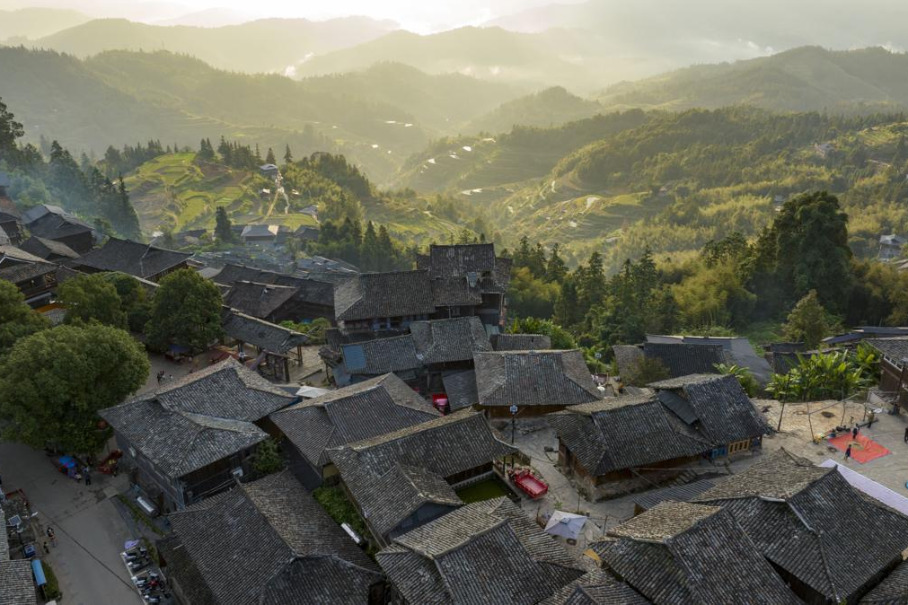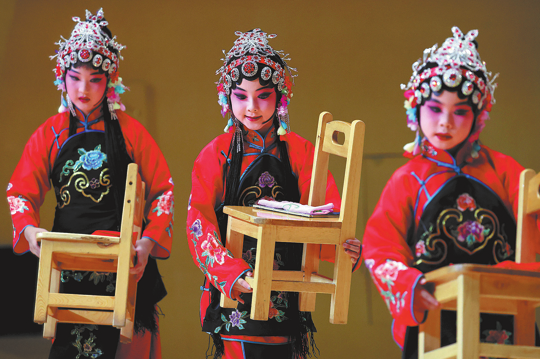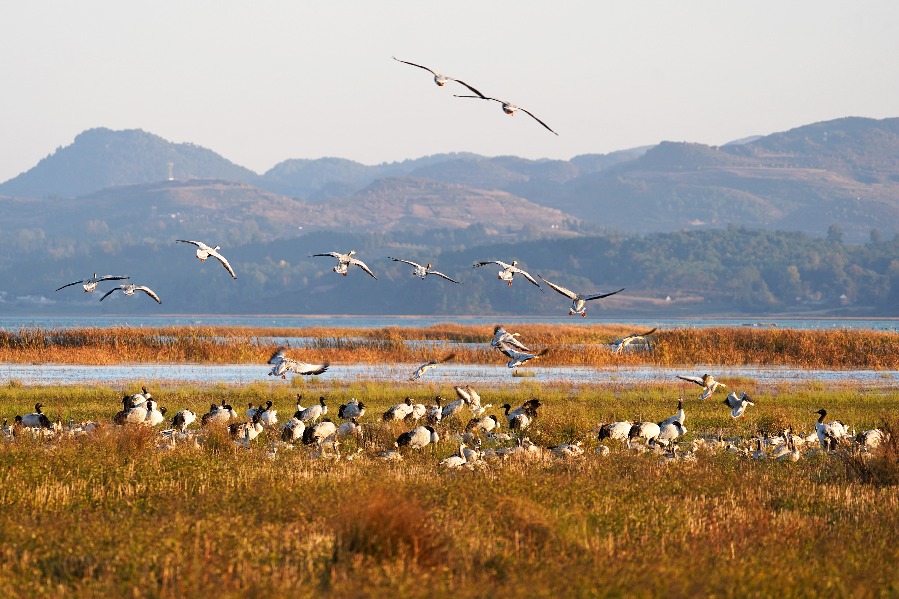Music turns bridge in cross-Strait ties

Music is bridging the gap across the Taiwan Strait, as singers from both the Chinese mainland and Taiwan sing songs in Hokkien — the shared dialect of people in southern Fujian province and Taiwan.
The second World Hokkien Youth Singer Competition was held on Friday night in Quanzhou, Fujian, recognized as the birthplace of the dialect, together with Zhangzhou in southern Fujian.
Approximately 80 percent of Taiwan people have ancestors from southern Fujian. Historically, people from Fujian who ventured across the sea to Taiwan brought with them their dialect and created many popular songs that are celebrated on both sides.
The competition this year drew over 1,300 applicants from more than 20 countries and regions, including 78 contestants from Taiwan.
Lin Yu-fei, a singer from Nantou, Taiwan, said, "Taiwan and the mainland belong to one family, and we have the same culture and the same dialect." Visiting Quanzhou for the first time, Lin said, "The moment I got off the plane, I was close to tears because my ancestors' hometown is Quanzhou. Singing in the city means I've come home."
Lin Dong-wei, a semiconductor engineer from Taichung, Taiwan, said he grew up speaking and singing songs in the dialect along with his grandparents, and learned Mandarin until elementary school.
"Historical records show my ancestors came from Zhangzhou, Fujian, crossing the sea to Taiwan to reclaim land and settle," he said, adding that the optimistic and hardworking spirit of the Hokkien songs reflects the resilience of people in Fujian who ventured out to sea.
Chen Junling, a competition judge and a professor at Fujian Normal University's College of Music, said the classic Hokkien song Ai Piah Cia Eh Yia, which literally means "one has to fight to win", captures the core spirit of daring to try, and unyielding perseverance, which is central to the pioneering history of early settlers in Taiwan, shared by compatriots from both sides.
Today, people on both sides can still communicate without barriers, which is "ironclad proof" of the same root and origin across the Strait, Chen said. "Hosting the youth singer competition in the birthplace of the Hokkien dialect and the ancestral home of many Taiwan compatriots reinforces the shared cultural roots, and the emotional connection between people on both sides," she said.
Contact the writers at Zhangyi1@chinadaily.com.cn




































